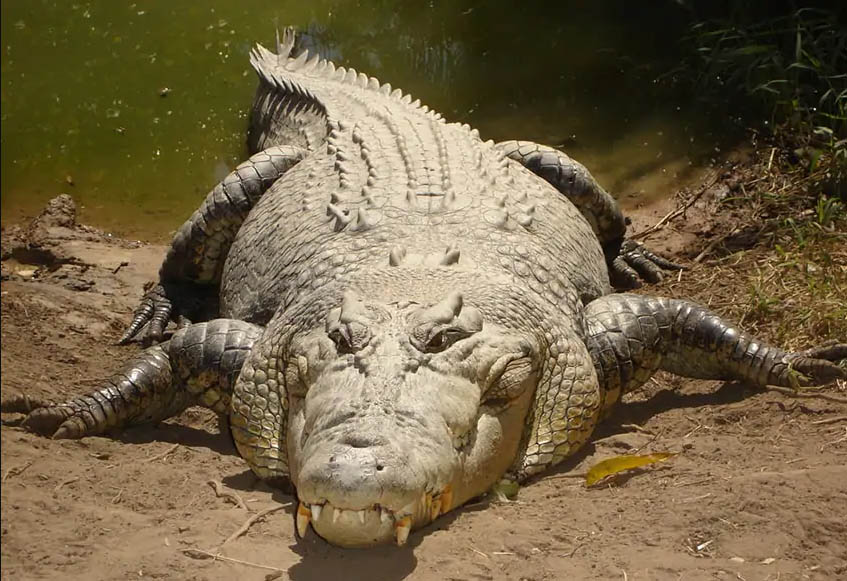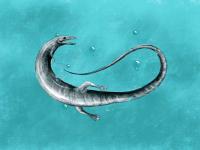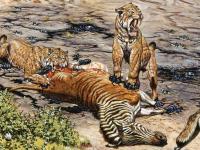Why Haven’t Crocodiles Evolved Much Since the Age of the Dinosaurs?
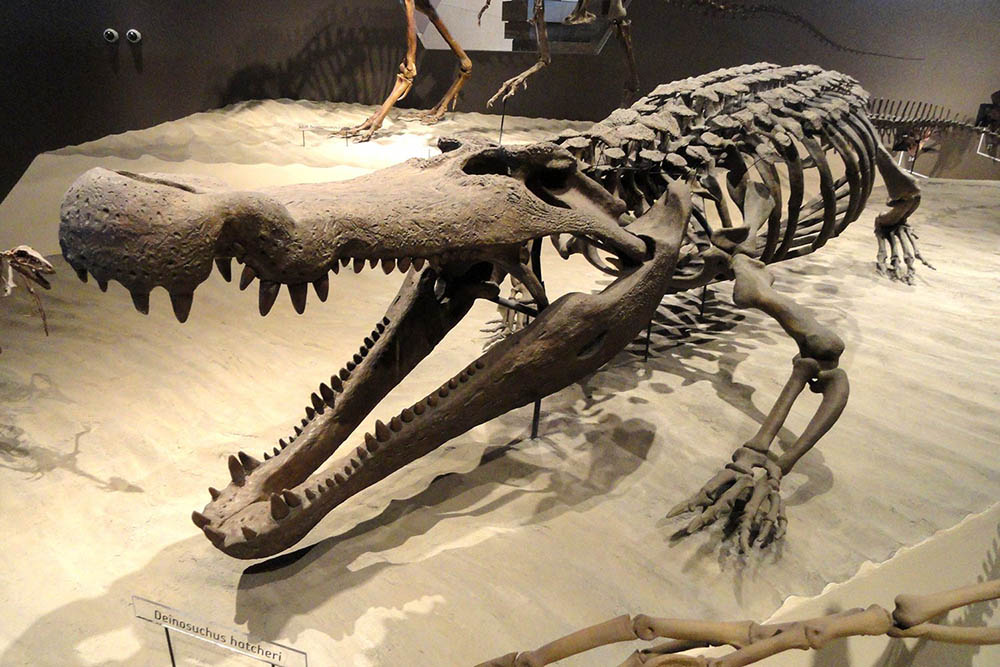
Evolution is the process of life adapting to its environment. And if you’re already perfect, why change? Here’s a list of four animals who got it right the first time and haven’t evolved in millions of years.
Perhaps the most fearsome living reptile today, modern crocodiles look like they could hold their own in an arm wrestle against a velociraptor. Saltwater crocodiles are the largest of all living reptiles and the largest land-loving apex predator (that means that no one eats them).
Our current crocodiles became their own species 55 million years ago. To become a new species, or to speciate, a species has to evolve so much that it no longer resembles the species it evolved from.
The crocodiles of today look very similar to those that lived during the Jurassic period some 200 million years ago. Though lizards and birds have evolved and diversified into many thousands of species, crocodiles have only a few species – just 25.
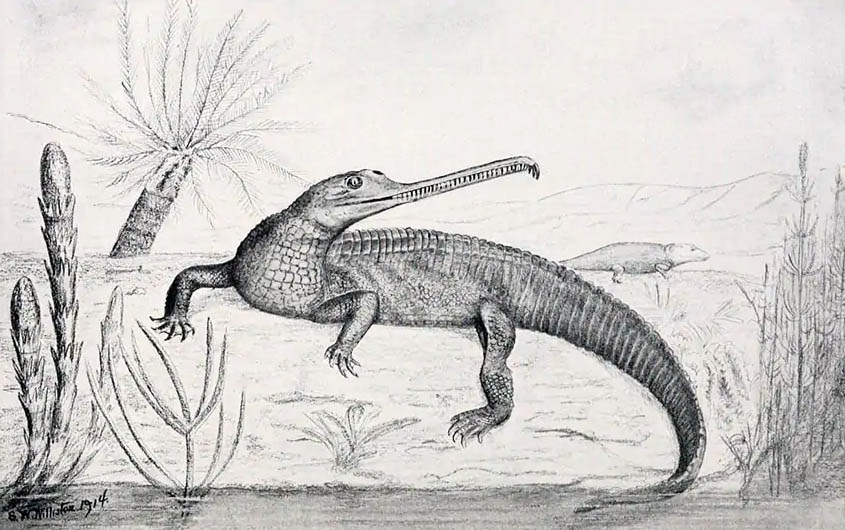
Our crocodiles evolved from an animal in the prehistoric period called a Phytosaur. They looked very much like today’s crocodiles except their nostrils were on the top of their heads, not on their snouts. They eventually evolved into something resembling our modern crocodiles around the Jurassic period: flat snouts, powerful jaws, and long bodies. But their big sizes didn’t evolve until the Cretaceous period about 100 million years ago.
Many scientists believe that one of the reasons crocodiles haven’t had to evolve much is because of their predator strategy (how they get food). Crocodiles wait until an animal comes to the water for a drink, and then eat it. It’s kind of like delivery!
Now, scientists at the University of Bristol explain how a particular pattern of evolution known as the ‘stop–start’ pattern and certain environmental changes could explain why crocodiles haven’t changed much.
In a paper published in the journal Communications Biology, the scientists explain that crocodiles have a very slow rate of evolution. The team used a machine-learning algorithm to estimate the rates of evolution.
Lead author Max Stockdale from the University of Bristol’s School of Geographical Sciences said in a release that it was fascinating to see how intricate a relationship exists between the Earth and the living things we share it with. He explains that the crocodiles landed upon a lifestyle that was versatile enough to adapt to the enormous environmental changes that have taken place since the dinosaurs were around. The team is also working to identify why some types of prehistoric crocodiles died out, while others didn’t.
Source: www.cbc.ca/

